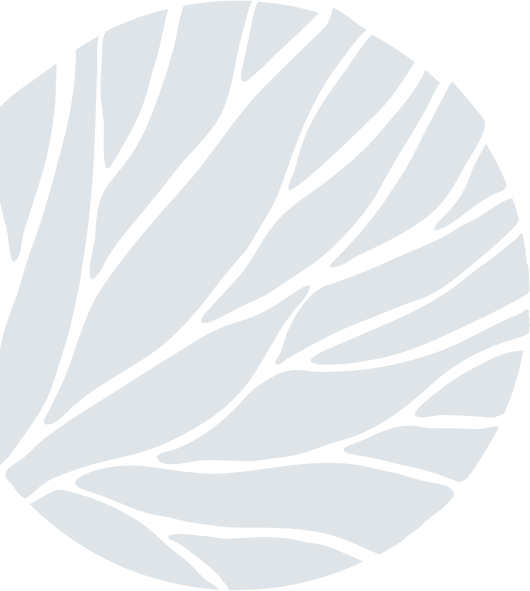Malaria – The Actual Facts
on Dec 22, 2014May 2004
Due to the popularity of the authentic private game lodges of the Sabi Sand Wildtuin and Timbavati over 25 years and longer, in recent times many cattle and sheep farms have converted to game lodge use. Looking for a marketing platform these recent entries into the tourism industry have chosen to propogate a theory that the genuine safari destinations are high risk malaria venues.
The facts speak for themselves
Since the 1970's, over 500,000 guests have visited the private game reserves in the Sabi Sand Wiltuin and Timbavati with ONLY 2 reported cases of malaria, both of whom experienced a very short recovery period.
W.H.O statistics sadly include fatalities from impoverished rural areas throughout Africa, without proper medication or hospitalisation. Newly converted lodges have chosen to exploit these statistics to create a "fear factor" by advertising their lodges to be "malaria free" areas.
Statistics received from the following private game reserves:
- Sabi Sabi - since 1979 there has been one reported case from a guest.
- Nottens - since 1985 there has been one reported case from a guest.
- No reported cases of malaria from a guest from the following safari lodges-: Djuma, Kapama, Kings Camp, Leopard Hills, Lion Sands, Mala Mala, Royal Malewane, Savanna, Singita, Thornybush and Ulusaba.
The extremely low occurence of malaria amongst guests is also due to these lodges taking preventative measures such as:
- Surrounding areas at the lodges are regularly sprayed.
- Insecticide is applied regularly to all interior walls.
- Mosquito traps are situated around the lodges.
- Mosquito repellent for body application is supplied in every room and safari vehicle.
- Accommodation is air-conditioned.
- Accommodation windows/doors are screened.
- Guests are advised to wear long-sleeved shirts and trousers at dusk and dawn and to apply repellent to exposed parts of the body.
- As a further precaution guests are advised to use the following medication (after consultation with their doctor)
- Malarone, Doxycycline or Melfloquine.
Gail McCann (CEO of SATSA) supports this initiative to correct the negative perception of this so-called "malaria threat" and comments: "Misleading, negative advertising, such as "non-malaria" areas has a negative impact on South African tourism as a whole. I am delighted that these statistics have been released depicting the actual facts regarding malaria at these venues".






